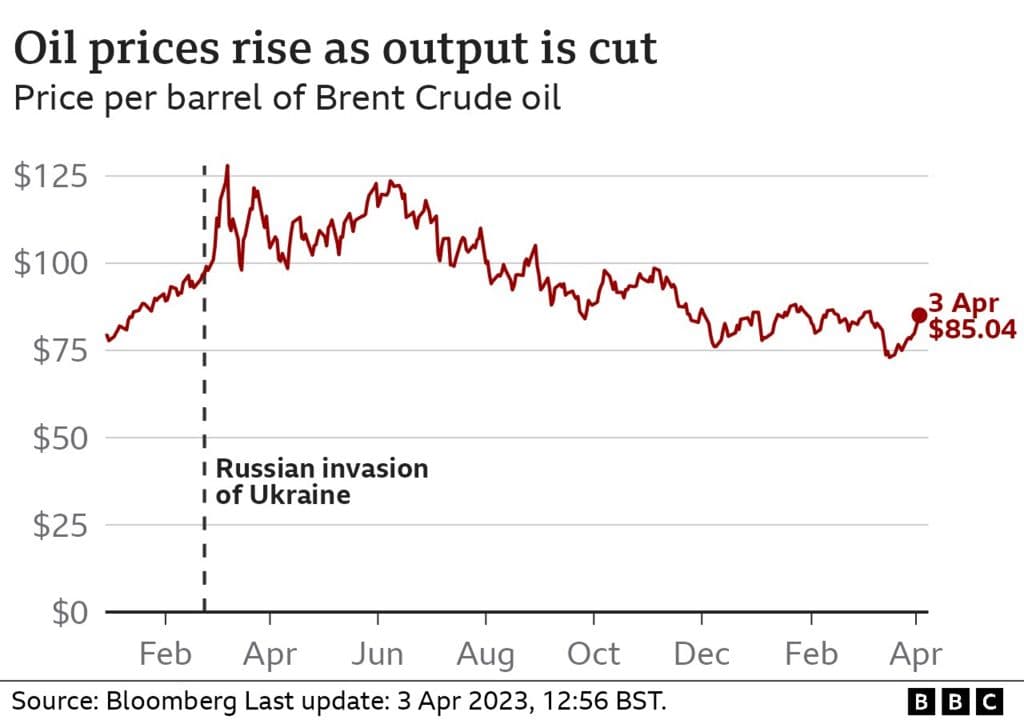Britain Exposes Billion Dollar Laundering Ring, Firms Bought Kyrgyz Bank
Britain’s National Crime Agency announced it had dismantled an international laundering network that moved more than one billion dollars using U.K. companies to acquire a controlling stake in a Kyrgyz bank. The seizures of cross border cash and cryptocurrency and dozens of arrests illustrate how criminals exploit corporate and banking gaps, with implications for market trust, compliance costs and sanctions enforcement.

Britain’s National Crime Agency said on November 21 that it had disrupted an international money laundering network that moved more than one billion dollars by routing funds through companies registered in the United Kingdom and acquiring control of a Kyrgyz lender to facilitate sanctions evasion and support activities linked to Russia. Law enforcement said the operation involved cross border cash and cryptocurrency seizures and resulted in dozens of arrests across multiple jurisdictions.
Investigators described a pattern in which ostensibly legitimate U.K. corporate vehicles were used to obscure beneficial ownership, enabling the network to purchase a controlling stake in a small Kyrgyz bank. Once in place, the bank operation provided a conduit for moving value away from the reach of Western sanctions and financial oversight, according to the NCA. Authorities coordinated seizures of physical cash and crypto assets, signaling that illicit actors are combining traditional trade and cash techniques with digital currency channels.
The case underscores persistent weaknesses at the intersection of corporate registration regimes and international banking. Since 2022 Western governments have tightened sanctions on Russian entities, and the NCA action highlights how evasive networks adapt by exploiting jurisdictions with lighter oversight. British regulators have responded in recent years with legislative reforms including the Economic Crime and Corporate Transparency Act 2023 and measures to strengthen Companies House, but investigators say determined networks continue to find frictions and gaps to exploit.
Market consequences are direct and measurable. Banks and correspondent banking providers face heightened compliance costs as they bolster due diligence on clients, particularly those with complex cross border ownership chains. Financial institutions that process payments for higher risk corridors may face greater counterparty risk and tighter controls, which can increase transaction costs and slow cross border flows. For crypto markets, the seizures illustrate growing scrutiny from enforcement authorities and the practical limits of anonymity. Exchanges and custodians may see additional regulatory pressure, raising operating costs and potentially prompting further voluntary controls that could dampen some crypto activity.
The broader economic context matters. Illicit financial flows are estimated to reach into the hundreds of billions globally each year, creating distortions that can weaken legitimate markets and reduce tax revenues. When those flows support sanctioned activity or transnational organized crime, they amplify geopolitical risk and can reduce investor confidence in affected institutions and jurisdictions. For Kyrgyzstan, the episode may invite closer international oversight of small banks and encourage regulators to tighten licensing and transaction monitoring to protect the domestic financial system.
Policymakers face a choice between incremental tightening and systemic reform. The NCA case will likely add momentum to calls for faster implementation of transparency measures for company ownership, expanded international cooperation on crypto tracing, and enhanced scrutiny of cross border acquisitions of banks. Financial markets will be watching for further enforcement actions, which will shape risk models and pricing for entities engaged in higher risk international business. The immediate seizure breaks a major laundering route, but the episode also underscores the durability of sophisticated networks that adapt to new controls and seek out jurisdictions with weaker safeguards.

